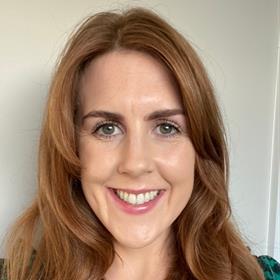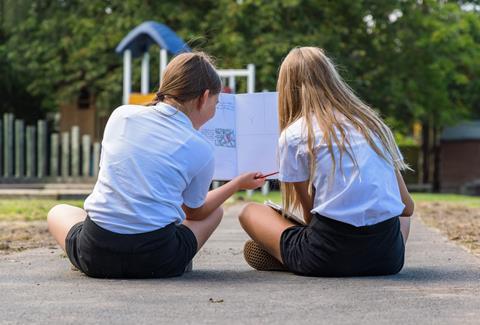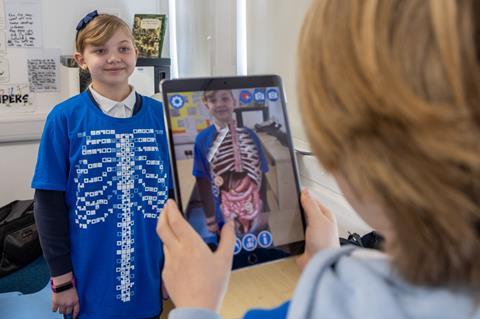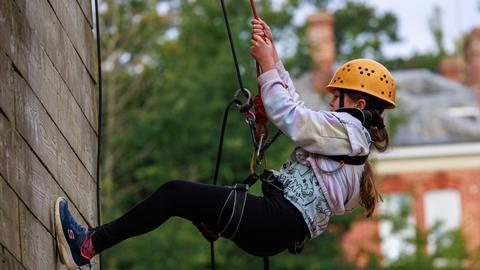Rachel Curley, teacher at Storrington Primary School in West Sussex, shares her opinion on some of the questions teachers should be asking when planning a trip.

What topic are we studying and where shall we go?
Usually, a trip is prompted because of a specific topic you are studying. Whatever it is, ensure you have considered the purpose of your trip.
Why am I bringing the children here? How will this trip benefit their learning? Is the trip close enough so that the class will have adequate time to experience what’s on offer? Is the trip affordable?
Once you know the answers to these questions then you need to get approval from your headteacher.
Have I left myself enough time to organise the trip?
The logistics of planning a trip can take time, especially if you need to travel by coach. Ensure you foster good working relationships with your school colleagues as the office administrative team can liaise between the trip and the coach to check availability on your behalf. Your school may have a specific coach company that they use but it’s no harm shopping around to get the best deal.

It is also worth considering whether any grants are available to cover part or all of the cost of your trip. Often these involve a few forms to fill out and then an evaluation at the end. This isn’t a big ask if you’re saving hundreds of pounds and potentially turning a ‘trip no’ in to a ‘trip yes’.
Once you’ve set the date in the diary let your colleagues know. This may sound obvious but so often in the pandemonium of the school day we can forget to inform teaching assistants. Avoid unnecessary upset by ensuring they feel part of the discussions when you are considering where to go.
Have I spoken to my pupils?
Don’t forget to involve the children. It can be an insightful experience to ask the children for their opinions on the school trip destinations. You can present your trip idea or multiple trip ideas to the children and let them choose which one they think they will most enjoy. The trip and the learning we want them to engage with must appeal to their interest and not what we think they will like.

How will this trip immerse the children in their learning?
Spend some time scanning websites and talking to the trip providers to ask them what specific activities they provide. In some instances, you’ll be spoilt for choice, and you’ll have to decide what activities are most appropriate for your class. The more immersive the opportunities, the better - you want to create this indulgently captivating learning environment that presents knowledge in an entirely memorable way.
Spend some time scanning websites and talking to the trip providers to ask them what specific activities they provide.
From here, you can cross reference the learning with the National Curriculum outcomes and note whether there are any cross curricular subject links. Involving the trip as part of a sequence of learning can work as a motivating factor when teaching as children are reminded that a trip is coming up or they recall the trip they’ve been on.
The types of trips, in my opinion, that have been the most successful for learning outcomes are those where the children have the opportunity for first hand experiences. This might be in the form of taking part in a role play; dressing up in clothing from a particular period in history; handling artefacts and being challenged to unpick the purpose and significance of them.
Above all, enjoy the day and keep in contact with the trip provider. They usually love to see photos or work produced as a result of your visit and it does wonders to promote their business.
This article was originally published in the 2023 Learning Outside the Classroom Yearbook









No comments yet